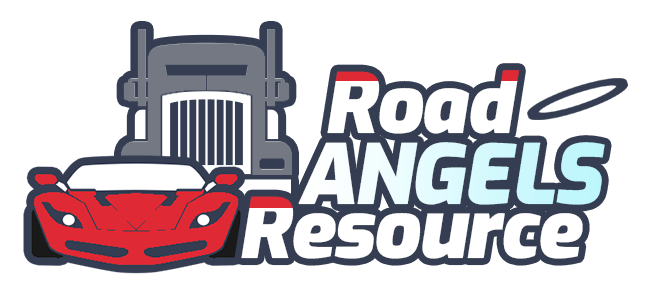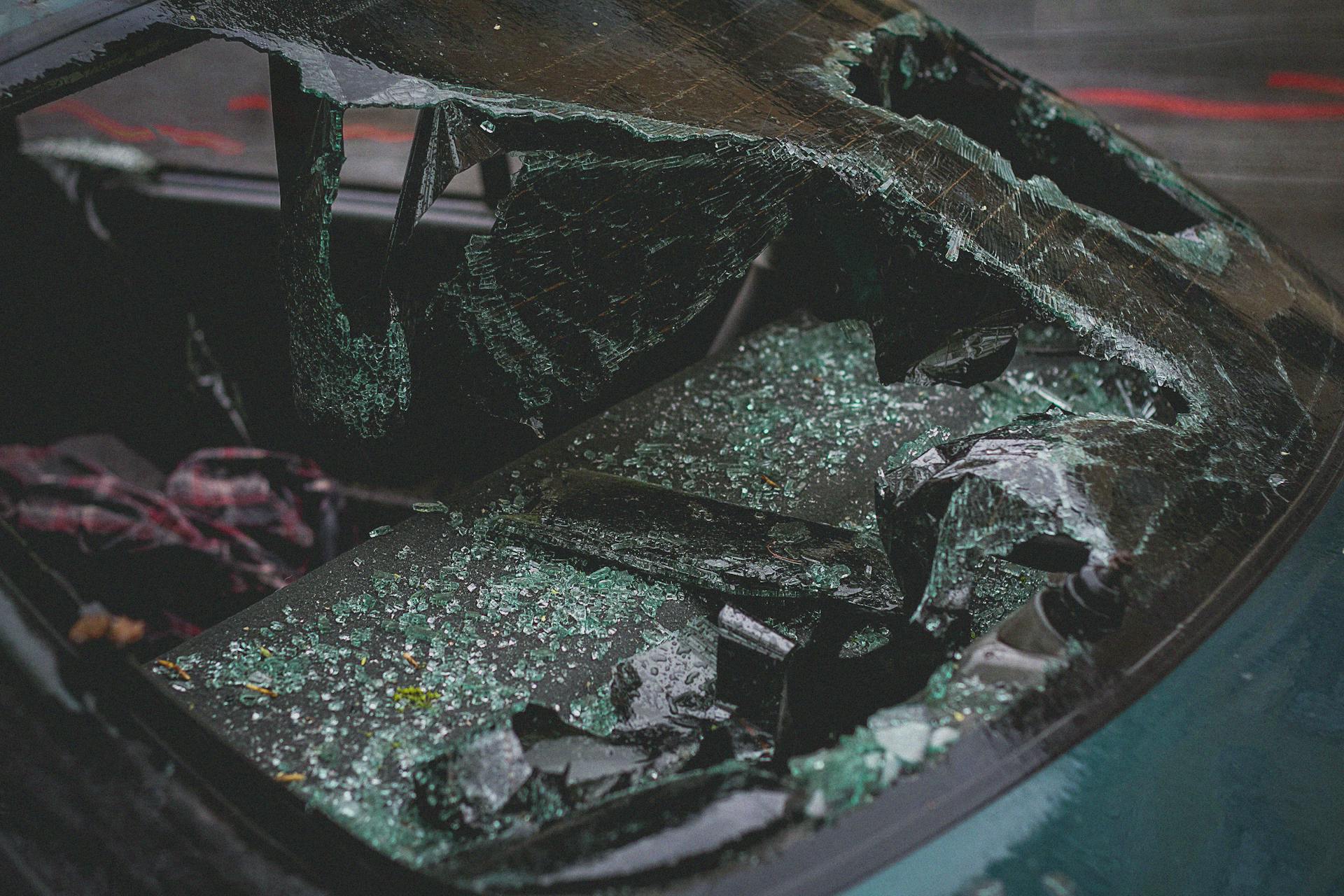Experiencing a car accident is never a pleasant situation, and the aftermath can often be confusing and stressful, particularly when your vehicle is deemed “totaled” by your insurance company. In the world of insurance, the term “totaled” refers to a situation where the cost to repair your vehicle exceeds its actual cash value (ACV), or in some cases, when the damage is so severe that it’s not economically feasible to repair it. When faced with a totaled car, understanding the next steps and how insurance claims work is crucial. Let’s delve into what happens when your car is totaled and how to navigate the insurance process.
Assessing the Damage
The first step after an accident is to assess the damage to your vehicle. If the damage is extensive, your insurance adjuster will inspect the car to determine whether it can be repaired or if it’s a total loss. Factors such as the cost of repairs, the age and condition of the vehicle, and local regulations all play a role in this assessment.
Determining Actual Cash Value (ACV)
Once it’s determined that your car is totaled, the insurance company will calculate its actual cash value. ACV is the fair market value of your vehicle before the accident, taking into account factors such as depreciation, mileage, and overall condition. This valuation helps determine the compensation you’ll receive for your totaled car.
Dealing with Insurance Claims
When your car is totaled, you’ll need to file a claim with your insurance provider. This typically involves contacting your insurance agent or company to report the accident and provide necessary details. You’ll likely be asked to provide documentation such as the police report, photos of the damage, and any other relevant information.
Understanding Coverage
The amount of compensation you receive for your totaled car depends on your insurance coverage. If you have collision coverage, it will help cover the cost of repairs or provide compensation up to the ACV of the vehicle if it’s totaled. If you’re leasing or financing your car, gap insurance can also come into play, covering the difference between the ACV and the amount you owe on the loan or lease.
Negotiating the Settlement
Once the insurance company determines the ACV of your car, they’ll offer you a settlement amount. It’s essential to review this offer carefully and, if necessary, negotiate with the insurer to ensure you’re receiving fair compensation. You can provide evidence to support a higher valuation, such as recent maintenance records or comparable vehicle listings in your area.
Disposing of the Vehicle
After accepting the settlement offer, you’ll need to sign over the title of the totaled vehicle to the insurance company. In some cases, they may allow you to keep the car, deducting its salvage value from the settlement amount. Alternatively, they may arrange to have the vehicle towed away for salvage.
Finding a Replacement
With the settlement amount in hand, you can start the process of finding a replacement vehicle. While it can be challenging to part ways with a beloved car, this can also present an opportunity to upgrade or explore different options that better suit your needs.
Dealing with a totaled car can be a stressful experience, but understanding the insurance claims process can help make the situation more manageable. By knowing your rights, understanding your coverage, and being proactive in negotiating a fair settlement, you can navigate the aftermath of an accident with confidence. Remember to document everything, communicate clearly with your insurance company, and seek assistance from legal or financial professionals if needed. While it may take time to recover from the loss of your vehicle, staying informed and proactive can help you get back on the road sooner rather than later.

